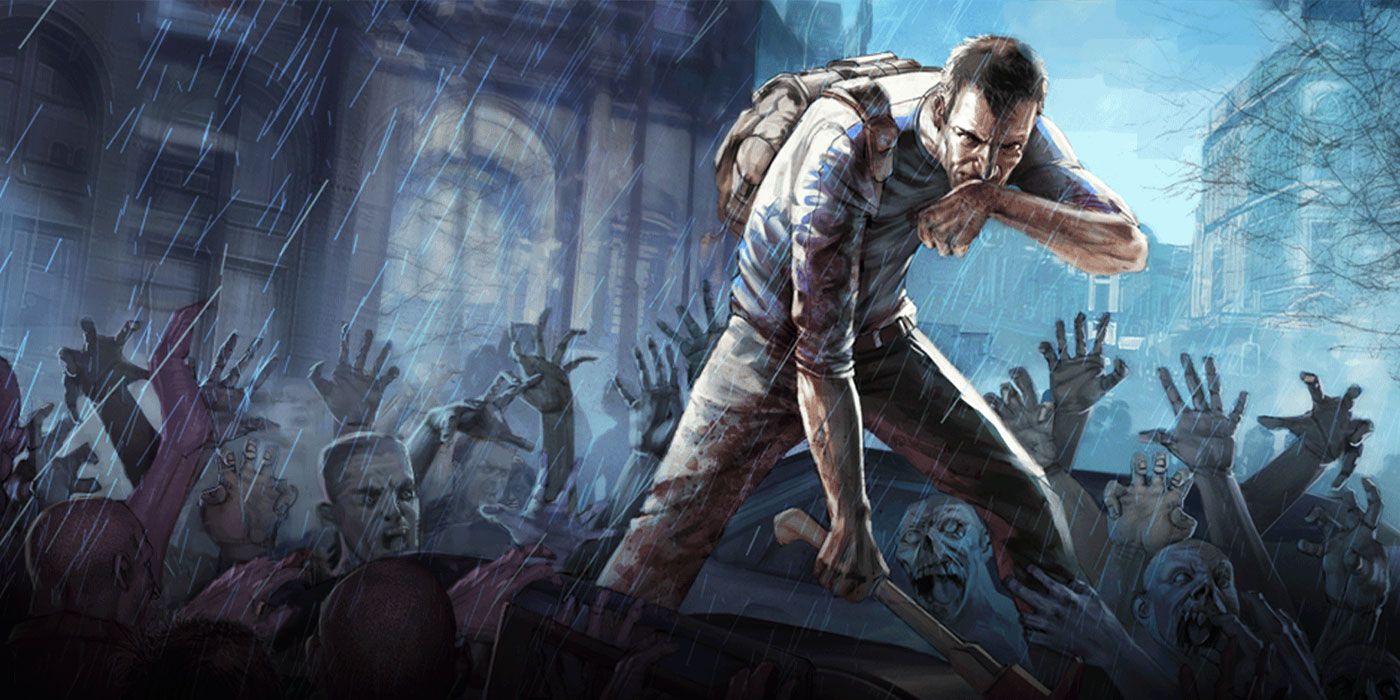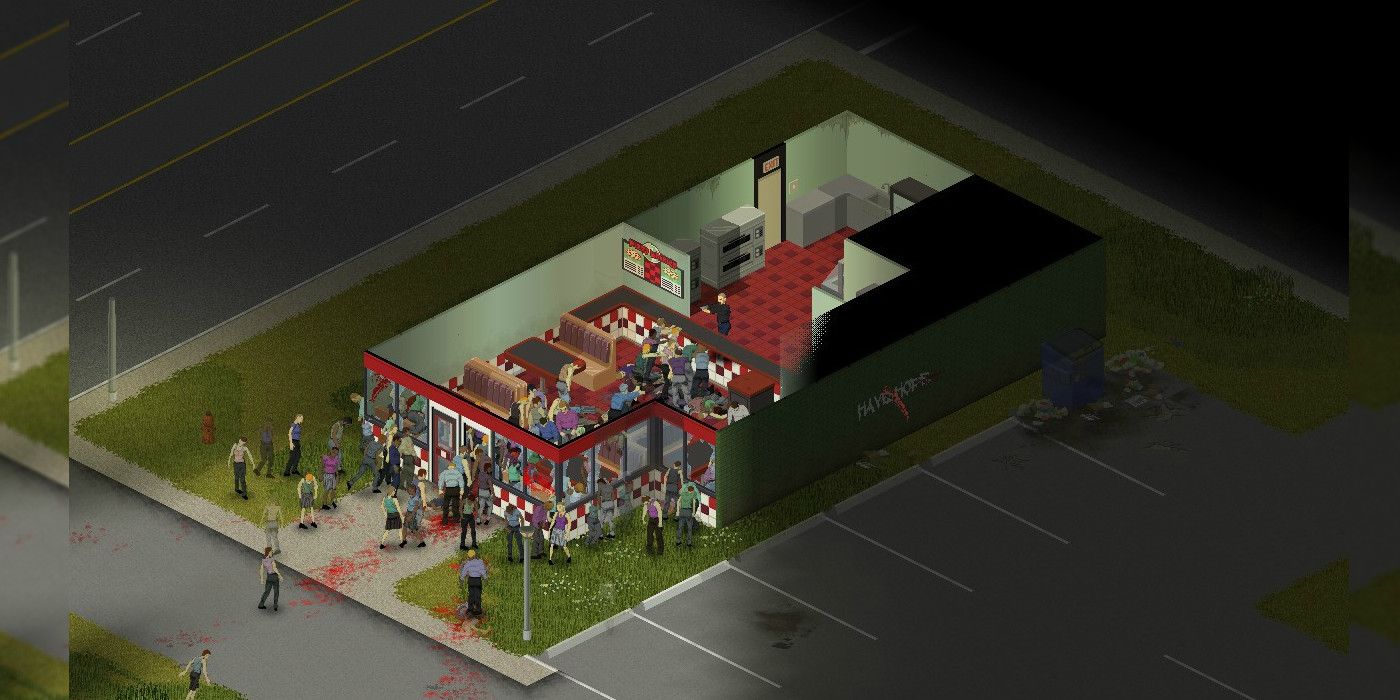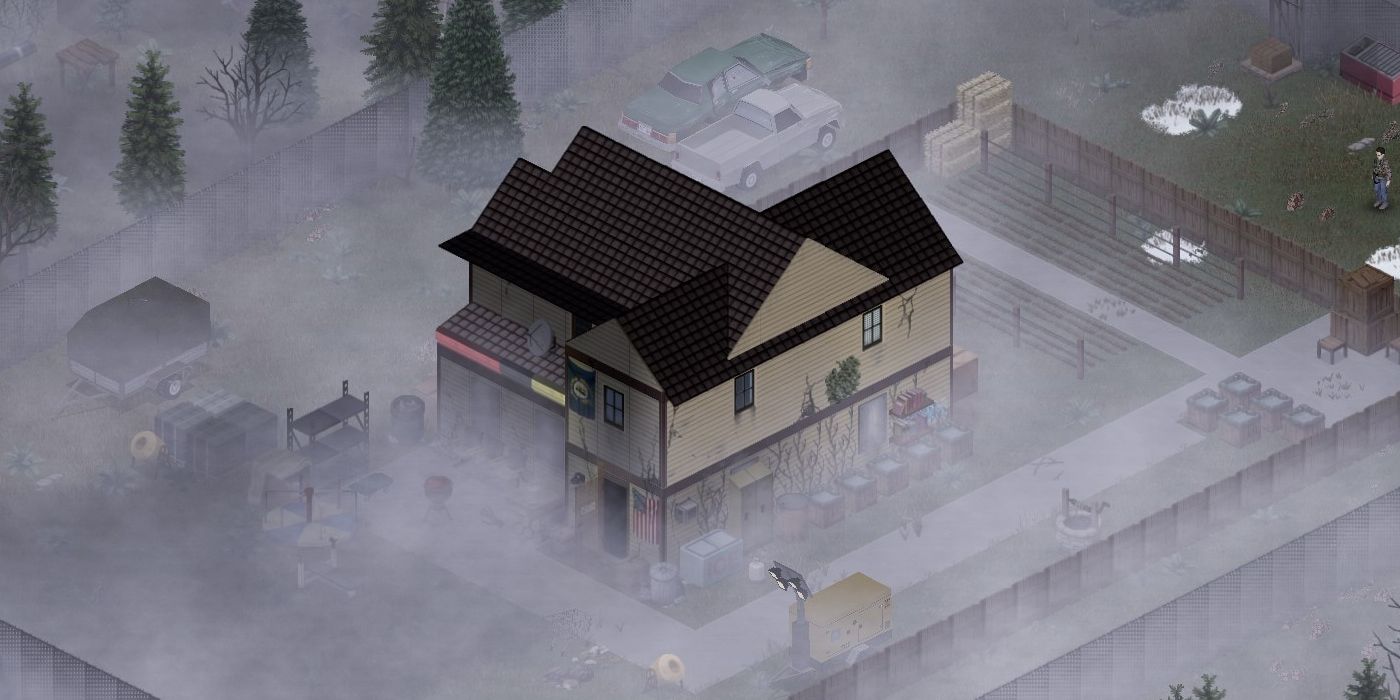Unique among complex survival games, Project Zomboid is one where players aren't supposed to survive. The game even opens up with a line of text saying that "This is the story of how you died," letting the player know exactly what to expect when they dive into this isometric zombie survival game. While the game, which is still in early access, might look like The Sims, Project Zomboid is a brutal yet enjoyable experience that's worth checking out.
Project Zomboid, developed by The Indie Stone, was first released on Steam in 2013 in early access. While the game is still in early access at the time of writing, this is because Project Zomboid has gone through multiple reworks to core systems that have only improved the game. Even though early access can sometimes carry a negative connotation, especially when games stay early access for a long time, Project Zomboid is absolutely not one of those games.
Players begin by creating their character and picking a selection of traits that'll change what players will have to prioritize in-game. There are also many pre-made builds themed around certain occupations, some even providing unique starting items. While other hardcore survival games emphasize their trait systems, Zomboid's are mainly there to slightly adjust things to work with different playstyles. Players won't die in Zomboid because of their trait selection; they'll die because it was their time.
Surviving in Project Zomboid comes down to managing a character's health, supplies and needs. Characters will get hungry, require sleep, get thirsty, be bored, sad, and even become sick. These traits are represented by Sims-styled icons that'll appear whenever a need gets low enough. Negative moods can even impact each other, such as being too warm causing characters to get thirsty quicker. Without referencing a wiki or guide, figuring out how to handle certain negative moods is all about experimentation.
Some of the more straightforward needs, like thirst or hunger, are less about experimentation and more about routine. Players will need to loot food, water and other supplies when they first start. This won't be too difficult at the start of the game, especially since things like electricity and plumbing will still be active. However, when players start to loot certain homes dry and utilities eventually shut down, getting water and food will become much more of a struggle.
That's where Zomboid's complexity really starts to shine. Characters can learn new skills by doing them or reading certain books, with these skills essential to long-term survival. For example, players can harvest seeds from produce to plant and farm, giving them a renewable source of food. First-aid is another skill to learn that'll help characters better treat the injuries they suffer. Injuries happen to be managed by their own subsystem, with something as simple as a bacteria-infected cut being fatal.
Zomboid is a simple game that gets way more complex as players try to survive for longer amounts of time. While it's possible to get by in Project Zomboid just by scavenging supplies and looting houses, there are very few water sources in the game once utilities shut down and non-canned goods will eventually spoil. There are only so many houses to loot in the game, meaning that characters are just living on borrowed time.
Project Zomboid works as a survival game where the goal isn't to survive because death encourages players to learn from their mistakes. While some random events exist to move the undead hordes around the game world, most deaths will be because of something players did or failed to do. There are always things to learn and ways to survive longer, but the game also doesn't want players to take that idea of surviving too seriously.
Zomboid's take on the typically overdone trope of the undead works incredibly great with how it handles survival. While they can certainly be a significant threat, most failed runs won't be because a zombie killed a character. The massive zombie hordes provide a source of tensions that makes even the easiest decisions challenging to make, which is precisely where the real threat of small mistakes in Zomboid pops up.
One mistake can easily be fatal, especially when it comes to things like injuries or illness. Getting sick early on in Project Zomboid is very much a life-or-death situation since players likely won't have the right medical supplies they need to treat themselves. While the skills and complex subsystems certainly have their own learning curves, mastering Project Zomboid comes down to knowing what to do when everything goes wrong. Everything in the game is designed survivable with the right knowledge and a bit of luck.



